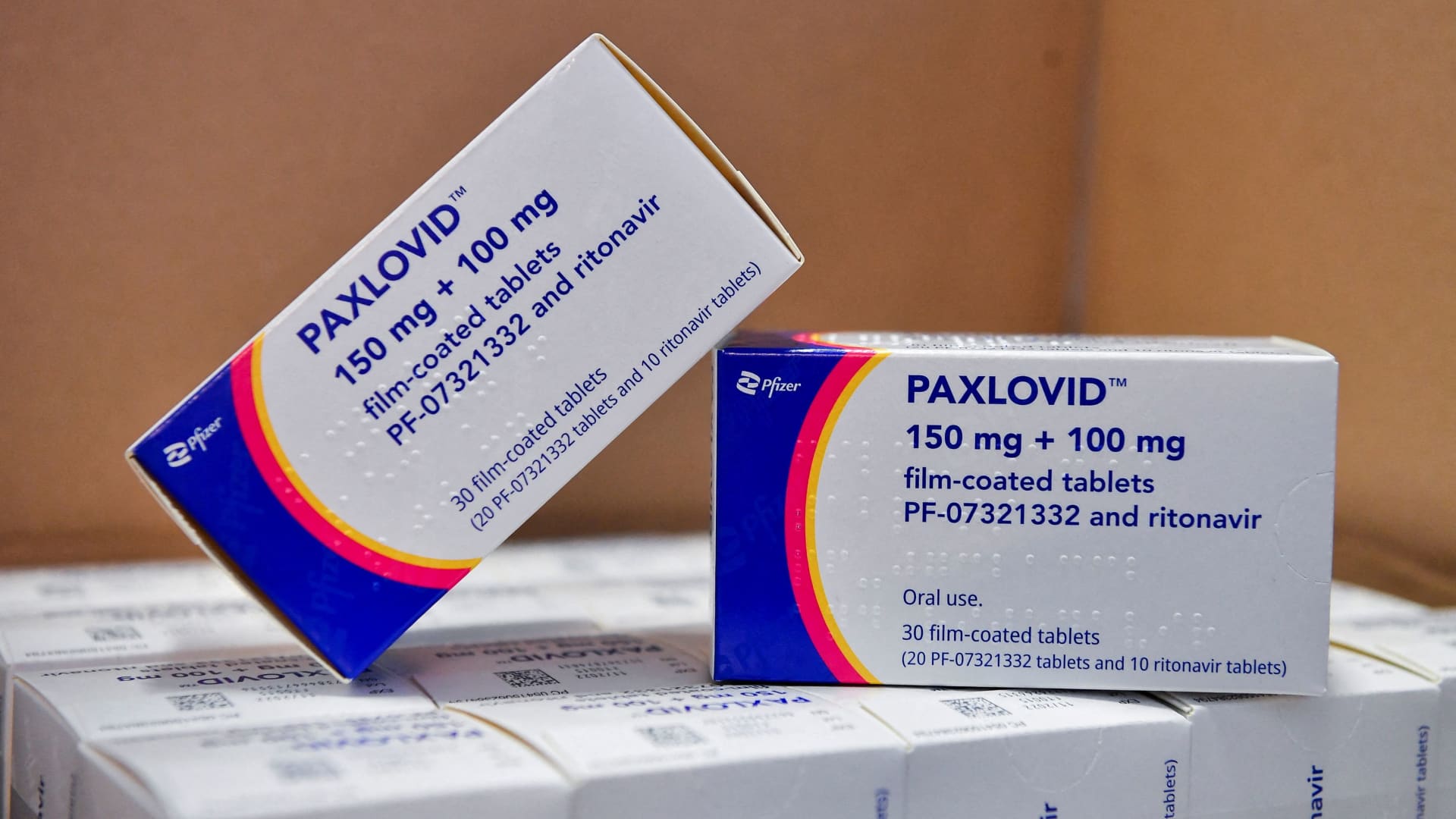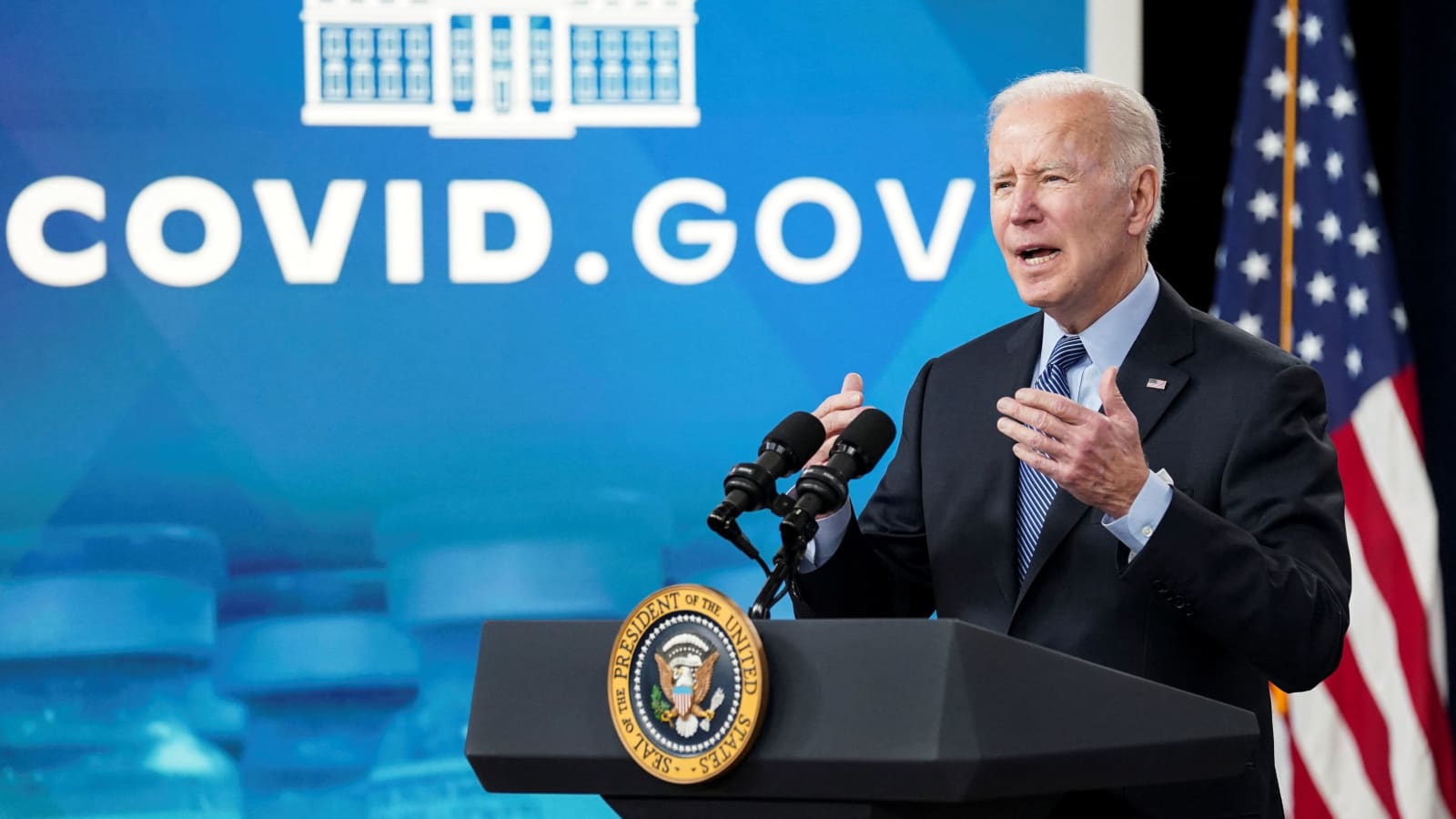Two new clinical trials to test potential treatments for long COVID are now set to launch, the National Institutes of Health (NIH) announced Monday.
This marks the beginning of a series of federally-funded studies aimed at evaluating treatments for long-term symptoms faced by many COVID-19 survivors.
The first study will investigate the use of Pfizer’s Paxlovid antiviral pills, which are currently approved by the Food and Drug Administration (FDA) for early treatment of COVID-19 infections.
Up to 900 patients will be enrolled in this study, named RECOVER-VITAL. The trial’s design has been adjusted to test the pills over 25 days, differing from a recent Stanford University study that was halted early due to a lack of evidence supporting the drug’s benefits, as reported by MedPage Today earlier this year.
“We were able to get some good feedback from the Food and Drug Administration, as well as others, to really beef up the design and make sure that we were getting the answers that we needed,” said Zimmerman.
Another arm of the trials, titled RECOVER-NEURO, will soon test three approaches aimed at addressing issues like brain fog and memory problems.
These include a device designed to deliver low-level electrical currents into the brain and two web-based “training program” options. Additional trials are expected to start within the next three months.
According to survey results from the Centers for Disease Control and Prevention (CDC), around 5% of Americans continue to experience limitations in their activities due to long COVID.
Commonly reported symptoms include extreme fatigue, post-exertional malaise, brain fog, dizziness, gastrointestinal symptoms, heart palpitations, chronic cough, chest pain, abnormal movements, and loss of smell or taste, which can severely impact patients’ lives for months or years.
“Our hope is that these treatments will work. However, we may learn that some interventions do not provide measurable relief, and this will also inform patient care,” said Dr. Larry Tabak, acting director of the National Institutes of Health.
The announcements come months after officials initially planned to launch the trials, which were slated to begin enrolling in early 2023.

“This trial today, this launch today, is certainly a step in the right direction. It is a bit too late, and I wish it was bigger and more comprehensive, but it’s certainly helping us move the ball forward,” said Dr. Ziyad Al-Aly, clinical epidemiologist at Washington University.
As chief of research at the VA St. Louis Healthcare System, Al-Aly has led several studies on the risk factors for long COVID and its impact on patients. “I wish they had the sense of urgency to get us to this stage two years ago,” he said.
Dr. Kanecia Zimmerman of Duke University Medical Center, the principal investigator overseeing the infrastructure of the studies, explained that it took time to understand long COVID well enough to design the trials and isolate specific measures to determine treatment success.
The study designs then had to be vetted through various governing bodies, which took “a long period of time,” she said.
After RECOVER-VITAL, the RECOVER-NEURO trials are expected to formally launch “within the next couple of weeks,” with others beginning “in probably two to three months.”
“We are building the ship while sailing it in some ways. So certainly we are attempting to fast track these trials, but we do know that there are a lot of things that have to happen for trials to launch,” Zimmerman said.
NIH officials have defended the pace of their research amid scrutiny from advocates and Congress over the billions allocated for long COVID research.
“NIH was late to start the clinical trial planning process, and then once it started in fall 2022, there was so much pressure to get these trials launched quickly that patient input was often sidelined,” said Lauren Stiles, president of Dysautonomia International, in an email to CBS News.
Stiles, who has served on one of RECOVER’s trial design committees, expressed relief that the NIH is “finally funding much needed clinical trials” into long COVID but noted frustration that patient input has been “largely ignored.”
In a statement, the Long COVID Alliance praised the “much needed and long overdue” launch but highlighted “many important questions remain unanswered” about the research.
They also expressed concern about the timeline for results, noting that enrollment beginning over the next several months means results are still likely at least a year away.
So far, the RECOVER-NEURO arm plans to include trials for melatonin (a supplement for promoting sleep), the stimulants modafinil and solriamfetol for daytime wakefulness, and an “educational coaching system” to improve sleep quality.
Separately, the RECOVER-AUTONOMIC arm will look for treatments for autonomic nervous system issues, including intravenous immune globulin and ivabradine.
Stiles criticized the inclusion of two internet-based “training program” options in RECOVER-NEURO as a “huge letdown for patients,” arguing that they do not address the underlying biology causing cognitive impairment.
Officials stated that the studies are designed as an “adaptive platform study,” allowing flexibility in testing and adding new treatments. They said the initial treatments were selected by panels as “the most promising to test.”
“Each of the potential treatments came in with preliminary data and a rationale. And then we had an expert group that formed around each of these platforms,” said Dr. Walter Koroshetz of the NIH.
Al-Aly noted that some potentially effective treatments, such as blood thinners for the “micro-clot hypothesis,” are still missing from the announced studies. He hopes more treatments will be considered in the coming months.
